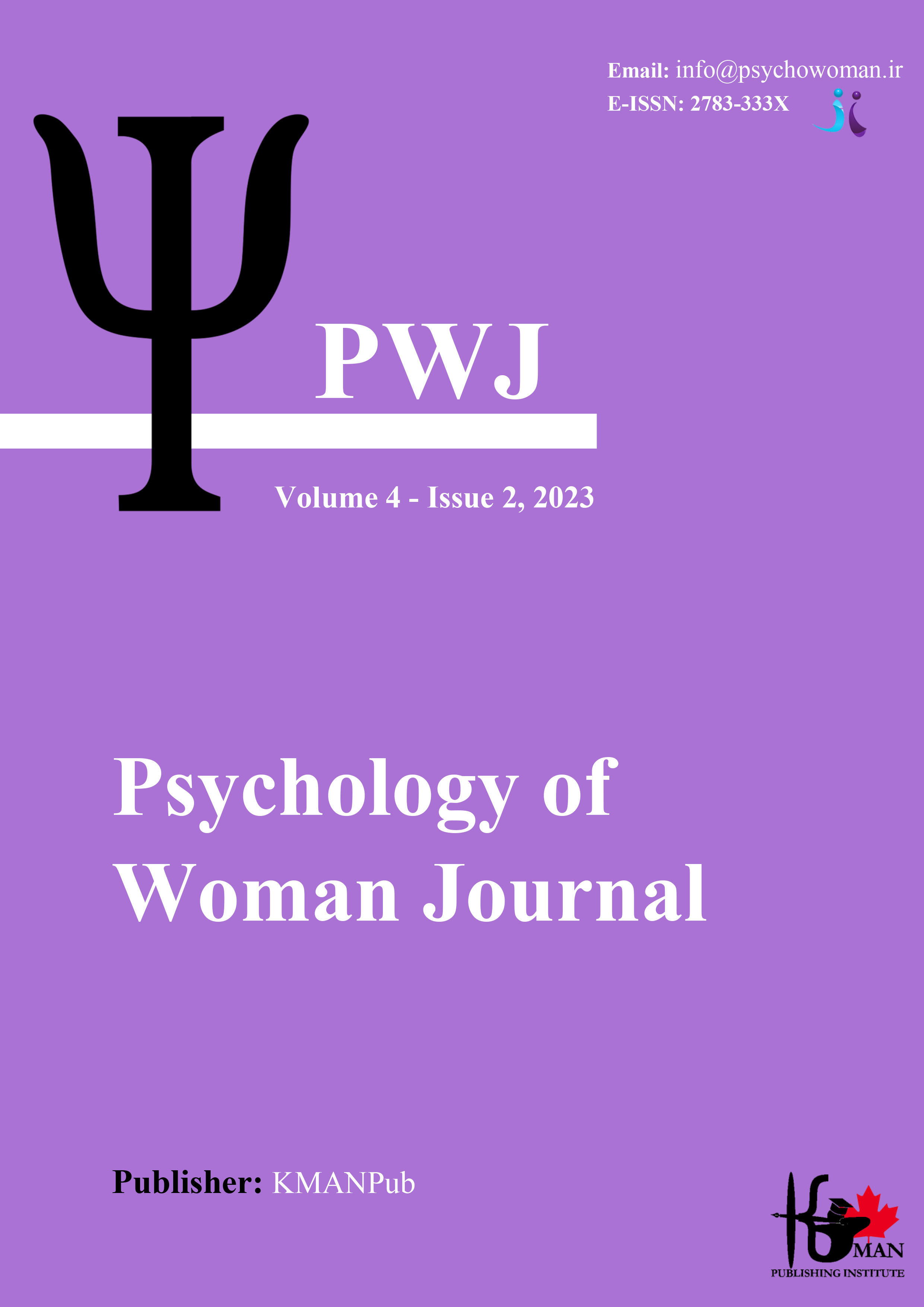An Investigation of the Effectiveness of Schema Therapy on the Feelings of Loneliness, Cognitive Emotion Regulation, and Distress Tolerance among the Women Injured by Marital Infidelity
Keywords:
Schema therapy, Feelings of loneliness, Cognitive emotion regulation, Distress tolerance, Women injured by marital infidelityAbstract
Undoubtedly, women are one of the important elements of the stability of relationships and married life, and it is necessary to pay attention to the matters related to them. The present study aimed to investigate the effectiveness of schema therapy (ST) on the feelings of loneliness, cognitive emotion regulation, and distress tolerance among the women injured by marital infidelity in Lahijan, Iran. The population consisted of all women injured by marital infidelity living in Lahijan, Iran. Then, 500 participants were selected using the convenience sampling technique and were randomly assigned to an experimental and a control group. Participants in both groups were provided with several questionnaires to evaluate their loneliness (Russell et al., 1980), cognitive emotion regulation (Gransefaki and Karaij, 2006), and distress tolerance (Simmons and Gaher, 2005) as the pretest procedure. Later, the experimental group was provided with 8 sessions of schema therapy (taken from Jeffrey Young's book in 1998 and translated by Qadri et al. in 2015), while the control group did not receive any intervention. Then, the above questionnaires were distributed once again among the participants in both groups, and the data were analyzed using the covariance procedure. The results showed that schema therapy had significant effects on the investigated women’s loneliness, cognitive emotion regulation, and distress tolerance (p<0.01). According to the obtained results, researchers and psychologists can use the schema therapy approach to reduce the feeling of loneliness, cognitive regulation of emotion, and increase distress tolerance in women who have faced betrayal.
Downloads
Downloads
Published
Issue
Section
License
Copyright (c) 2023 Alireza Nasirnia Samakoush, Nasser Yousefi (Author)

This work is licensed under a Creative Commons Attribution-NonCommercial 4.0 International License.










